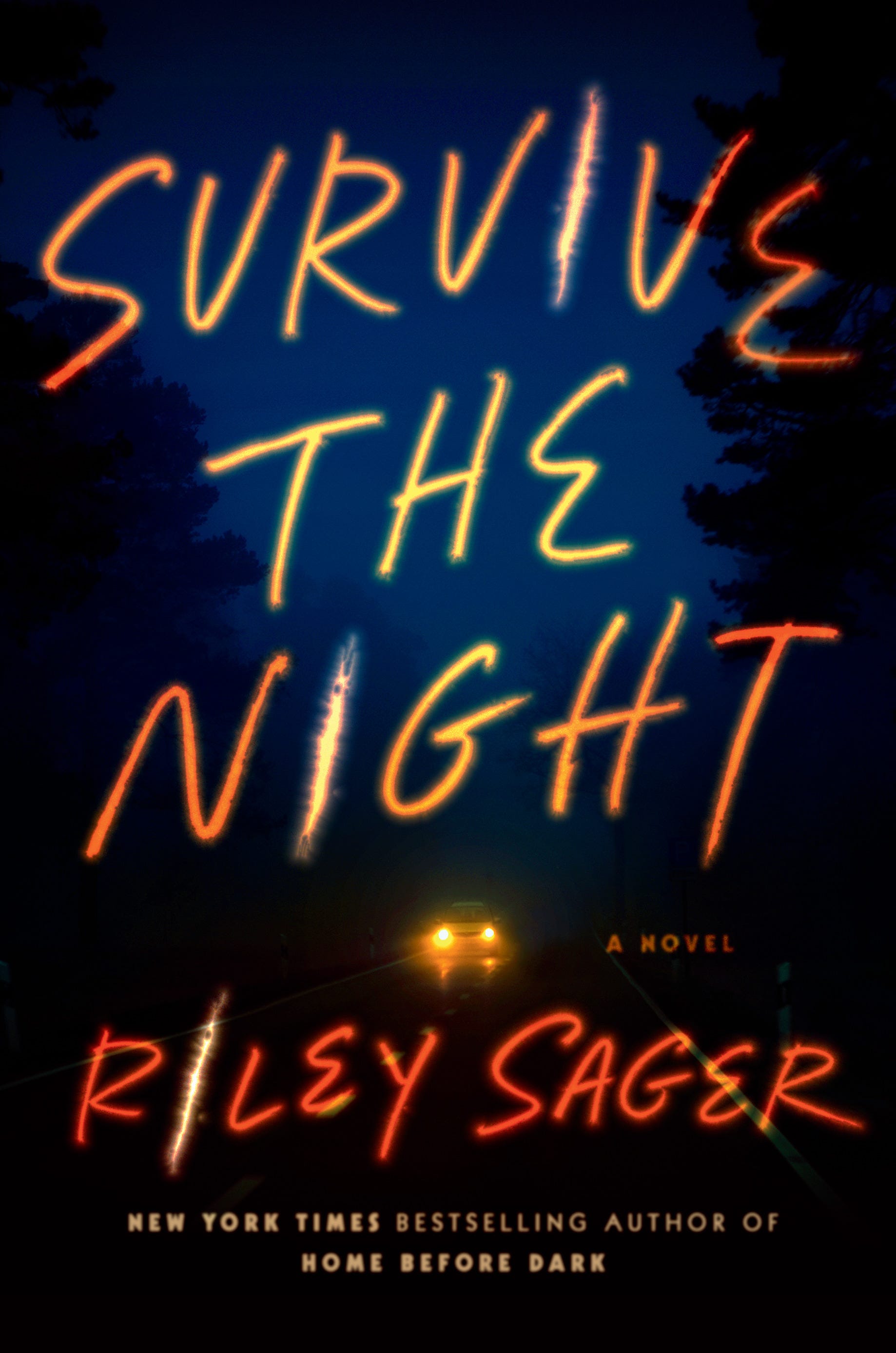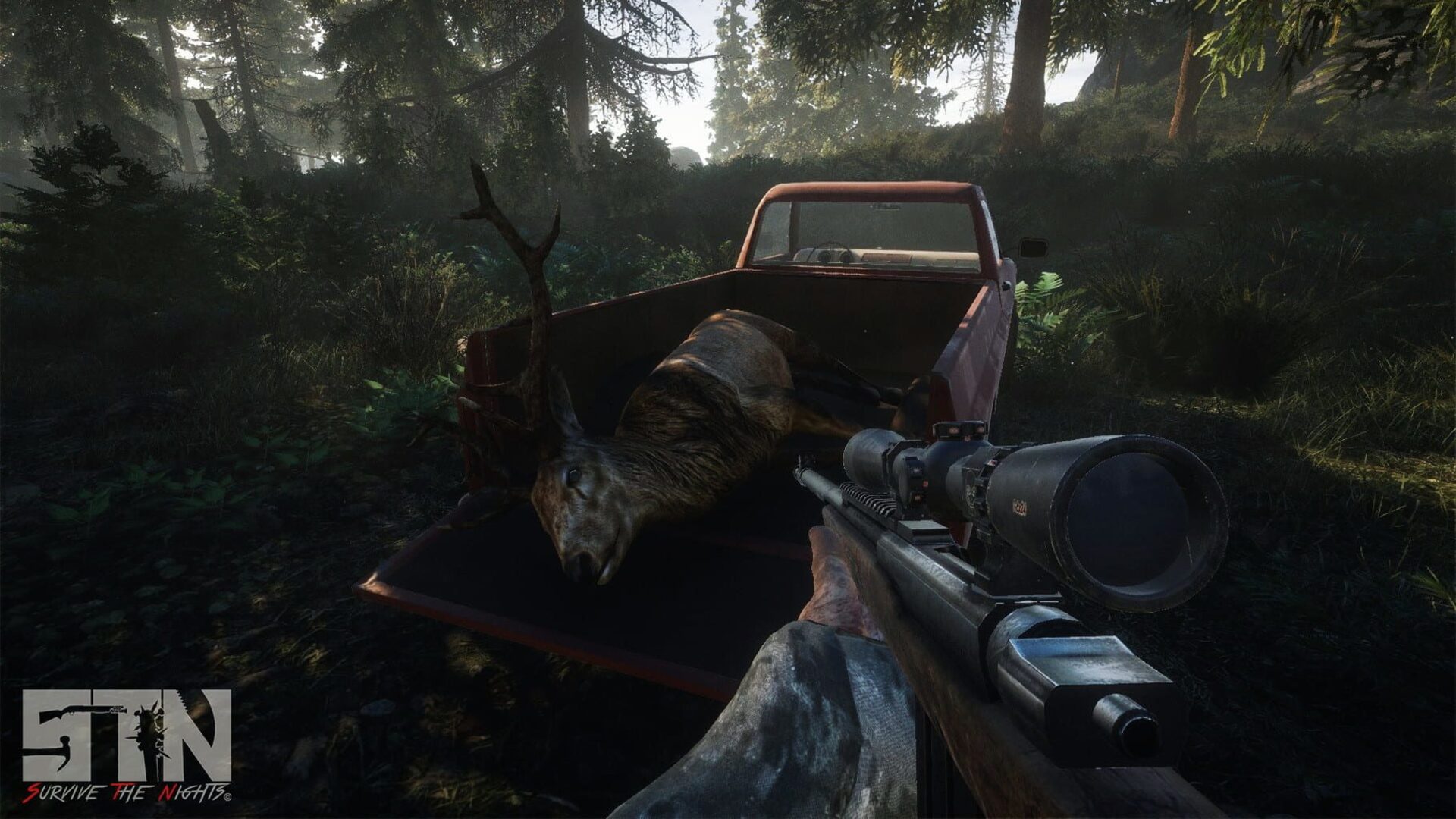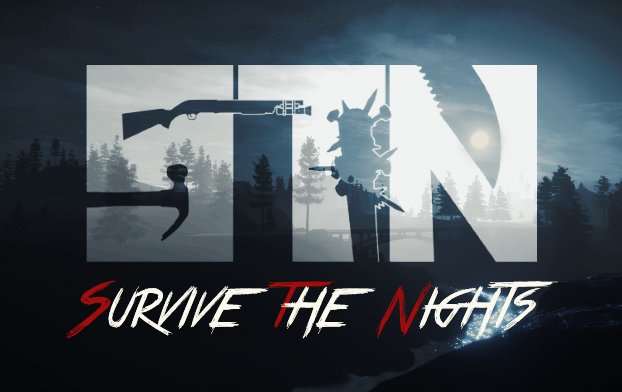
Hint: Deliver Zoarg's Head to Archmage Landon, as Beastmaster Hilaire really doesn't want it!Ĭoordinates for TomTom / Paste users are: Hints: You only need one piece of wood per quest to light the fire, berries aren't necessary, you only need three pieces of cooked meat to survive "overnight", but I collected another one just in case.īeastmaster Hilaire is Stormheim, just North of Weeping Bluffs, about 300 yards North of the nearest flight path at Skyfire Triage Camp. For those without coordinates, that's on the first E of Edge on the map. Rexxar is in Highmountain at Cliff's Edge, which is 200 yards NW of The Witchwood flight point at 36.73 35.39.

Note that Snowfeather didn't appear for me until I'd obtained all three artefact weapons. At this point, Snowfeather should appear beside Hudson Crawford and offer you Urgent Summons. Turn this in to Hudson Crawford and do Rising Troubles and Assassin Entrapment. To unlock these, you'll first need to complete a seemingly unrelated short quest chain in Val'sharah, offered by Emmarel Shadewarden at Trueshot Lodge at 41.7 59.99 who gives you the breadcrumb: Lending a Hand. Calling Hilaire Home and Bite of the Beast, which gives Champion: Beastmaster Hilaire that grants the Champion follower Beastmaster Hilaire. Recruiting Rexxar, Survival Skills & Survive the Night, which give Champion: Rexxar that grants the Champion follower Rexxar.Ģ. In some hospitals they may be at home but, even if this is the case, it is their job and, if you feel it is necessary, you must phone and speak to them.Comment by NessieMoAt level 103 two Champion questlines are available:ġ. Depending on the size of the team, there may be a foundation year 2 (FY2) doctor or core trainee you can speak to if you want advice or assistance. The hospital-at-night team is a very valuable resource and can give you a lot of support.ĭon’t worry about asking for help, and if you feel that you are out of your depth, always ask someone to assist you. Members of the team range from clinical support workers, who can insert cannulas and take blood, to highly skilled night nurse practitioners who have a wealth of experience and can assist in assessment and management of unwell patients. However, most hospitals will have a hospital-at-night team there to support you. You may feel more alone and have greater responsibility at night because there are fewer staff in the hospital. Support at night time is something that most people are concerned about. It may be a good chance to catch up on your e-portfolio or to do some audit. It can be difficult to stay alert during these periods, so it is worthwhile finding something to occupy you. Make sure that you eat enough food and stay well hydrated, otherwise you will feel more drained and nauseous as the night goes on.ĭepending on the size of the hospital and the number of staff present, there may be some quiet periods at night. However, it is important to have regular meals. In this scenario, you are unlikely to want to eat. It is also common to feel sick at first, as your body is not used to the change in routine. Also, sleeping for longer will lead to a deeper sleep, causing you to feel groggy on waking, which certainly is not ideal if you are bleeped to an emergency! Prolonged periods of sleep, however, are not as advisable because this may prevent you from achieving good-quality sleep during the day. Some people may find it useful to take 30–45 minute naps to help with this fatigue. This makes you feel tired, regardless of the amount of sleep you have had during the day.

It is not natural to be awake at night as we all know, melatonin is released in response to darkness. Sleeping during the day can be difficult, as you are not programmed to be tired when it is light outside however, there are useful tools that can help, such as blackout curtains, earplugs and eye masks.

Having a lie-in on the morning before your first night shift and then having another few hours’ sleep in the afternoon is a good way to try to minimise fatigue on the night shift.

Some people may find that staying up late the night before the first shift helps to get them into a routine.
When will survive the nights be released full#
This would allow you to get a feel for what it’s like being in the hospital after dark, and what it feels like to be awake all night, but without the pressure and responsibility that comes with working a night shift as a junior doctor.īefore your first night shift, it's a good idea to try to sleep during the day so you are not awake for a full 24-hour period. If you’re a medical student contemplating how you can prepare for your first night shift as a junior doctor, it may be advisable to try one or two night shifts now, while you’re still a student.


 0 kommentar(er)
0 kommentar(er)
